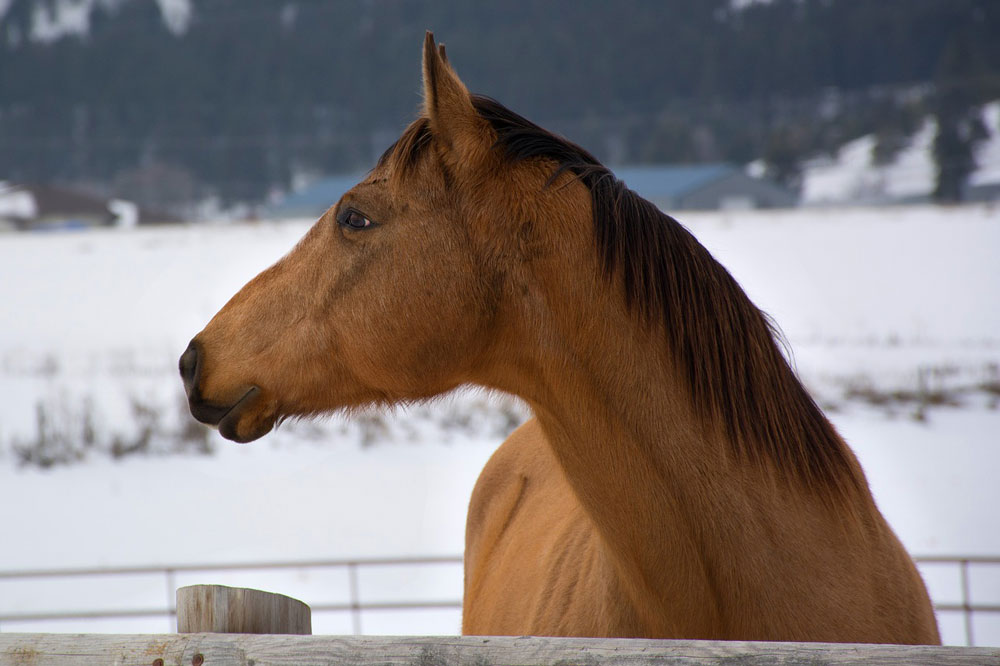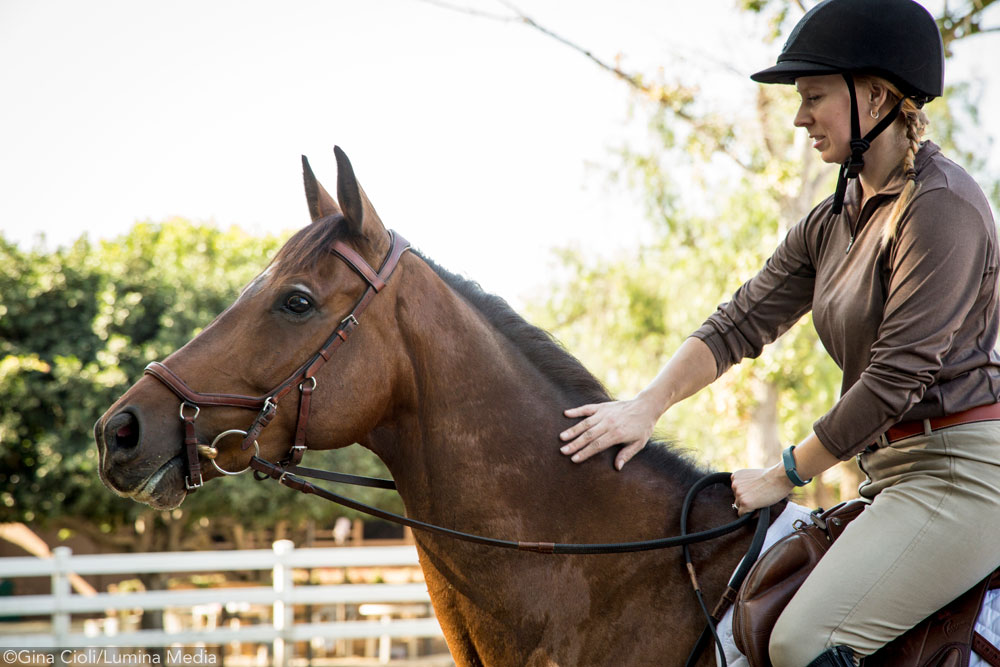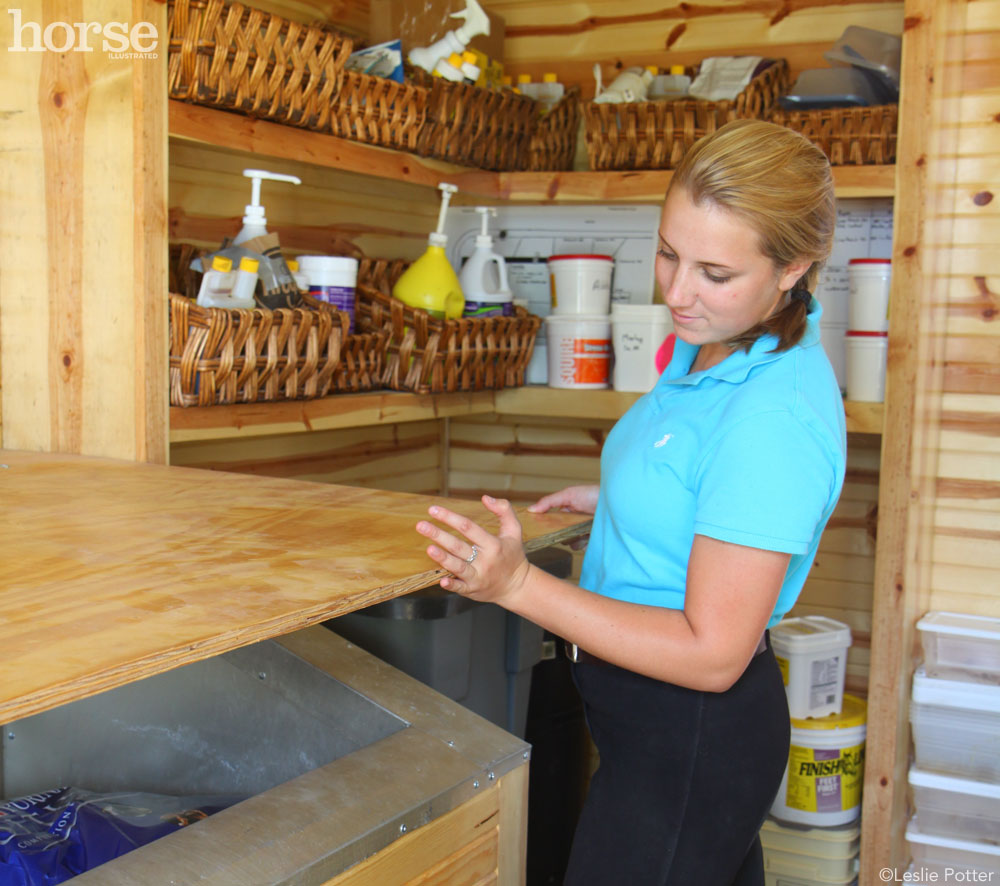Because responsible horse owners must venture outdoors regardless of below freezing temperatures, we are more likely to be frostbitten. Winter riders are especially prone. But frostbite and its damage can be avoided.

Frostbite happens when skin tissue—usually fingers, toes, earlobes, chin, cheeks or nose—is damaged by exposure to temperatures below 32 degrees Fahrenheit.
Ask the Vet: Can horses get frostbite?
Frostnip (first degree frostbite) is the ice country horsekeeper’s everyday curse. Pale, tingly skin is its trademark. Frostnip raises no blisters, causes no permanent damage and can be safely treated at home.
However, repeatedly frostnipped tissues are susceptible to superficial (second degree) frostbite. Gently but firmly pressed, frostbitten skin feels crusty on top and soft underneath. The area is numb, and it will appear waxy. As it thaws, it becomes red and painful.
Within 24 hours, clear fluid-filled blisters may appear. Superficial frostbite generally requires medical treatment.
You’re not likely to sustain deep (third degree) frostbite on a brisk winter ride but riders who fall and get hurt can be at risk. Affected skin is cold, hard and bluish-gray. Side effects may include hypothermia indicated by slurred speech, confusion and loss of coordination. Deep frostbite can lead to permanent tissue damage, blood clots and gangrene—it’s a medical emergency, don’t try to treat it yourself.
To soothe frostnip or very mild superficial frostbite, soak injured areas in lukewarm running water for 20 minutes.
An alternative: soothe the area with warmed damp towels. Don’t dunk frostnipped or frostbitten skin in hot water, don’t rub it (especially with snow or ice), and don’t warm it using heat devices, such as blow dryers, heating pads or hot water bottles.
Swathe yourself in a comfy blanket and sip a warm decaffeinated beverage. Avoid smoking (smoking inhibits circulation to extremities), caffeine and alcohol (alcohol spurs rapid cooling of blood). Take aspirin or ibuprofen for discomfort. Don’t pop blisters if they form.
Avoid frostbite altogether by layering outdoor clothing (air pockets help retain warmth), shielding body parts from bitter arctic wind and deep cold and avoiding exposure when exhausted, ill, intoxicated or wet.
Wherever there’s ice and snow inhabitants are bound to get chilled, but avoiding dangerous conditions will ensure you stay happy and healthy this winter.
Sue Weaver has weathered many Midwestern winters.





